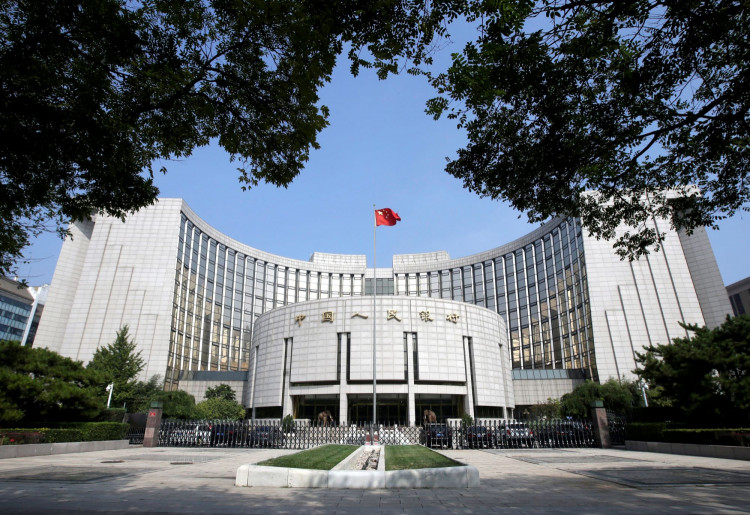A Chinese central bank official urged for global policy coordination to manage the economic impacts of the pandemic on Sunday. He noted that Beijing's current policy measures had gained traction and can impose further action to alleviate the adverse effects of the pandemic to financial markets.
According to the deputy governor at the People's Bank of China (PBOC) Chen Yulu, PBOC Governor Yi Gang had discussed with U.S. Federal Reserve chairman Jerome Powell, the International Monetary Fund (IMF), and other financial agencies to establish measures against the adverse effects of the pandemic. At a news conference, he revealed that China is expecting a contraction for its first two months of 2020 due to continued efforts in preventing the further spread of the pandemic and that its coordination with global financial institutions such as the IMF and other financial agencies would help in the developments.
Chen noted that, while there is downward pressure on the global economy, there would be an expected significant improvement by the second quarter in China. He also revealed that there would be upward pressure on China's consumer prices before reaching the second quarter, but there have been no definite signs that would indicate long-term inflation or deflation.
Chen also noted that China's yuan would remain stable around the 7.0 to the dollar threshold by the second quarter. He explained that the stability is cased by ample foreign exchange reserves. Furthermore, he revealed that China's debt market also remains stable. There have been no significant increases in defaults as discussed during a briefing with senior Chinese financial regulators.
He also highlighted that China's economy would swiftly return to its potential economic growth rate in the next three months. The current economic indicators he mentioned would most likely show significant improvement to potential output. During this, the PBOC would continually keep credit growth stable and make use of its targeted easing approach. However, the announcement did not discuss new stimulus measures that it would take.
In February, China's economy was significantly affected where all its economic indicators were adversely hit by factory shutdowns and deteriorating business activity. Although such business activity restarted since then, it has not reached its normal levels. Many service businesses continue to struggle and the outlook for exporters remains doubtful about continued progress in their respective industries.
Chen added that based on payments, deposits, and loan data since March, its economy has improved due to targeted monetary policies. Hence, the PBOC would continue supporting the economy through the offering of direct funding to private and small firms including those significantly affected by supply chains.





